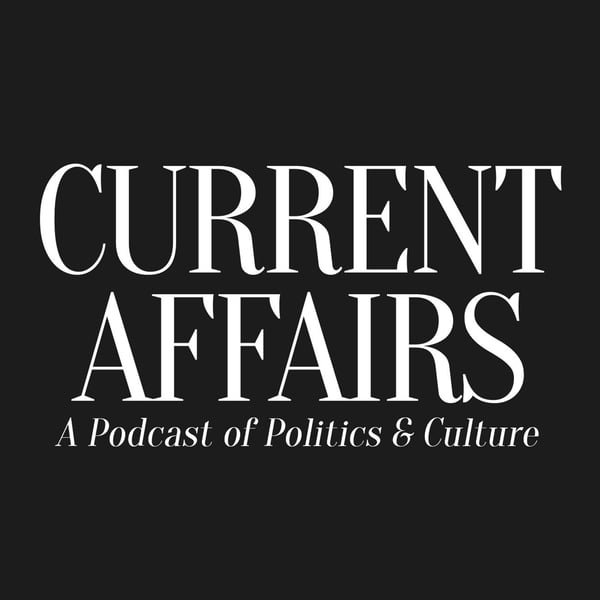In conversation: Tim Faust on single payer and health justice
Current Affairs
Current Affairs
4.4 • 645 Ratings
🗓️ 19 September 2019
⏱️ 2 minutes
🧾️ Download transcript
Summary
Transcript
Click on a timestamp to play from that location
| 0:00.0 | basically you look at models across the world and you see that whenever a private option is introduced |
| 0:05.0 | or a parallel insurance option is introduced health and equity rises up immediately at its head |
| 0:09.9 | and inefficiency also increases. Australia is a good example. Australia had a conservative takeover |
| 0:15.3 | in the early aughts, I think. I'm not Australian. I don't really follow Australian politics. |
| 0:19.2 | There was a movement to introduce and |
| 0:21.0 | expand a at the time pretty nascent private healthcare insurance market, primarily for orthopedic |
| 0:27.3 | surgery. So they pumped all this money into making it like fun and easy to join the private |
| 0:32.3 | insurance pool to get these exclusive hospitals. And immediately costs went up, but the number of care quality |
| 0:38.7 | did not go up, and the number of surgeries did not go up either. They were being rationed by |
| 0:42.8 | a number of patients, so there's a quota, there are already quotas there, except now the quota was |
| 0:46.4 | costly. In the Netherlands, the Netherlands has an ACA-esque model, where there's private and public |
| 0:51.8 | models running together, and they have a 10% of people |
| 0:55.3 | can't access care because of lack of income. In South Africa, I have an example in the book that I |
| 1:00.0 | like quite a lot. There is a private insurance model that you can opt out of the, there's a public |
| 1:04.3 | model and there's a private model, and you can opt out of the public model and put your money into |
| 1:08.2 | the private one. A private one is smaller, much smaller, |
| 1:11.5 | and because it is small, it costs a lot more, it's charged a lot more by hospitals because it has |
| 1:16.2 | less negotiating power. But you get little perks and little trinkets and private suites and that kind of |
| 1:21.0 | thing. And these factors converge into the private model. We're spending 47% of South Africa's healthcare dollars while covering |
| 1:29.9 | only 16% of the population. But you get that very nice, freshly squeezed orange juice with your |
| 1:34.4 | hospital office. Right. And that population is surprised, disproportionately wealthy and disproportionately |
| 1:39.2 | white. It's a virtual reenactment of apartheid through medical financing. You never introduce |
... |
Please login to see the full transcript.
Disclaimer: The podcast and artwork embedded on this page are from Current Affairs, and are the property of its owner and not affiliated with or endorsed by Tapesearch.
Generated transcripts are the property of Current Affairs and are distributed freely under the Fair Use doctrine. Transcripts generated by Tapesearch are not guaranteed to be accurate.
Copyright © Tapesearch 2025.

